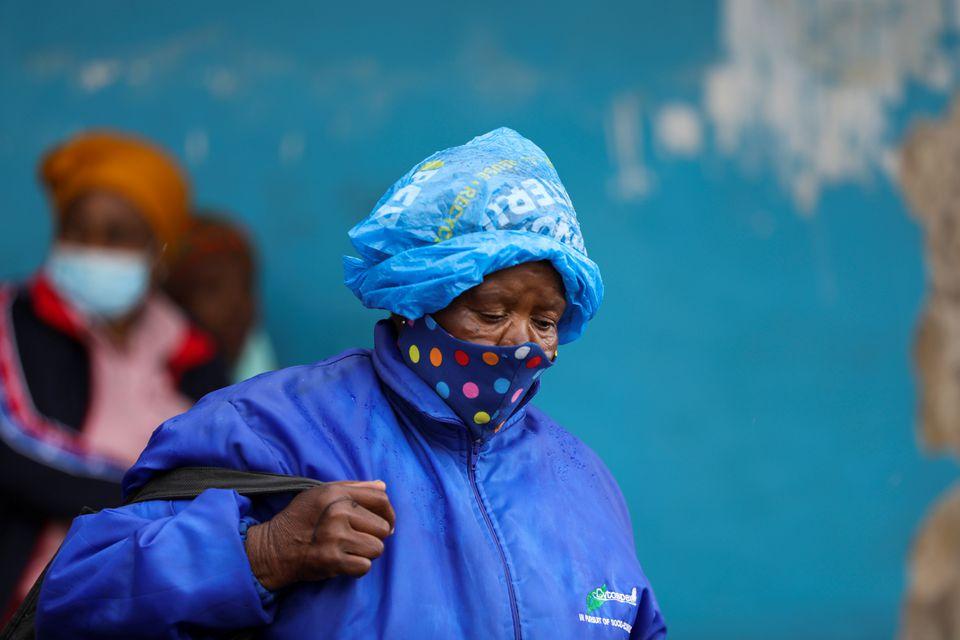Africa-Press – Eritrea. Poor populations were disadvantaged at the onset of the Covid vaccination exercise where only the rich and those in urban areas being able to access the precious commodity.
A new report also shows that higher income and highly urbanised regions had more than twice the uptake of Covid vaccines compared to low income sub regions.
“That tells you that if you are poor you are kind of discriminated in all ways including access of this kind of vaccination and I think this is something that really should not happen if we are looking at equity dimensions,” Daniel Mwai said.
Mwai is a senior lecturer of Health Economics at the University of Nairobi.
The report by Coalition of Research and Development (CHReaD) and Amref Health Africa released on Tuesday further shows that most of the Covid-19 responses were gender blind.
It said quarantine facilities that were set up to respond to the Covid-19 outbreak lacked requisite sanitary facilities required by women.
The study was conducted among the six member states of Burundi, Kenya, Rwanda, Southern Sudan, Tanzania, and Uganda.
The study was done towards the end of 2021 when the pandemic had started to stabalise.
The objective was to determine levels of uptake of Covid-19 vaccines by different genders and identify drivers and barriers to equitable and gender sensitive Covid-19 vaccination introduction and access in the East African region.
The study said counties with high literacy level reported higher vaccination compared to counties with low literacy level in Kenya.
For instance, counties with an average literacy level of 50 per cent had an average of 34.2 per cent of the adults fully vaccinated, while those with lowest average literacy level are 13.1 per cent had 22.6 per cent of the adults fully vaccinated at the time of the study.
The report states that despite the government implementing social and economic stimulus packages, there were no concrete measures to ensure that women were among the key beneficiaries.
Lack of representation of women in the national Covid-19 response committees are said to have exacerbated the situation as decision making was solely by men even on matters touching on women.
For instance, only four of the 21 members of the response committee in Kenya were women, compared to three women out of 13 in South Sudan and three out of 12 in Uganda. None was headed by a woman.
The report, however, notes that men were the most infected by the Covid-19 virus compared women across most of the age groups, with men aged 30 to 39 years having the highest infection rates.
“Men were largely affected by the virus and the mortality rates for the same gender were high so it means the burden was leaning towards affecting more men than women,” Mwai said.
The report notes that vaccination remains a key weapon in the fight against Covid-19 as a result of the threat posed by the likelihood of emergence of new variants in future.
It notes that victory over Covid- 19 cannot yet be declared despite Africa’s declining infections and high exposure to the virus as new highly transmissible variants continue to circulate.
Amref Health Africa country director Meshack Ndirangu said while a lot of achievements have been made in vaccination drive, many communities are yet to receive their full doses of vaccines.
“The vaccines are available in-country but are not easily accessed due to a number of reasons in various countries such as limited number of facilities offering the vaccines, fixed operational timings for vaccine administration, cultural barriers and limited vaccine awareness among others,” Ndirangu noted.
For More News And Analysis About Eritrea Follow Africa-Press







